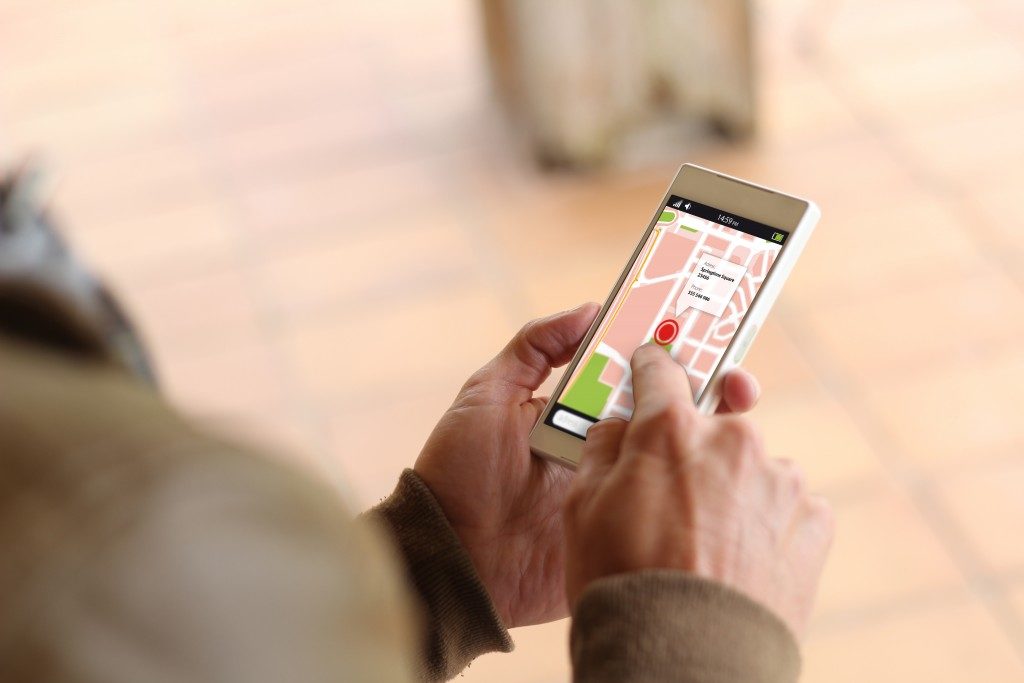Rapid developments in technology have allowed for the creation and widespread use of numerous innovations. One of the most impactful innovations of our time is the Global Positioning System (GPS). Originally developed for military use as a satellite-based navigation system, it has since become commonly used by millions throughout the world. Without GPS, it is doubtful that many could find their way around even their own cities.
However, as with other forms of technology, it is possible to take advantage of a GPS. One such way this can happen is through the jamming of the GPS system. A GPS jammer is able to emit radio signals that end up drowning out other GPS signals. This is why it is important to use GPS or jamming simulators to test how the system will react should jammers come into the picture.
This is especially relevant given that today, GPS is used for more than just navigation. Applications of GPS extend to telecommunications, the power grid, and many more. Here are some of the unconventional applications of a GPS:
Preventing shark attacks
In areas surrounded by beaches and ocean, where people would love nothing more than to relax by taking a dip in the water, one threat still makes them anxious: the possibility of a shark attack. This is no doubt helped by popular culture, even though the odds of a shark attack happening to a person are actually quite rare.
Because of this, some organizations have worked on tagging large sharks with GPS devices. This way, when they approach the shore, a lifeguard will be alerted to instruct people to leave the water. This helps keep many at peace, while also aiding in the study of the behavior of sharks.

Tracking stolen prescription drugs
With pharmaceuticals being an incredibly powerful and profitable industry, it is no surprise that people are willing to do whatever it takes to get ahold of them. The drug oxycodone, a very powerful painkiller, is quite popular on the black market, meaning thieves would regularly rob pharmacies to steal the drug. In order to thwart these, police in some cities have stocked pharmacies with decoy oxycodone bottles that contain GPS trackers in them. This allows detectives to track the bottles and catch these robbers.
Guiding driverless cars
Among the newest innovations of today, few generate as much publicity as driverless cars. Touted by visionaries to be the future of road transport, large companies have invested heavily in developing a driverless car for commercial use. Among the challenges involved, however, is how to make sure the car can navigate places safely.
Through a combination of GPS, sensors, and cameras, a solution seems to have been found. The GPS will plot the car’s location and speed on a map relative to the destination, while cameras and sensors scan traffic lights, road signs, and other markers, thus enabling a car to drive on its own.
Keeping people with dementia safe
Having a loved one have Alzheimer’s disease or dementia can be one of the most trying circumstances you could face. As these are associated with memory loss, it is common to find patients wandering about mindlessly, which is why they need constant supervision.
By having GPS trackers concealed in patients’ shoes, caregivers are able to keep track of the wearer’s location. This helps them make sure that nothing untoward will happen to the patient, thus keeping them safe.
